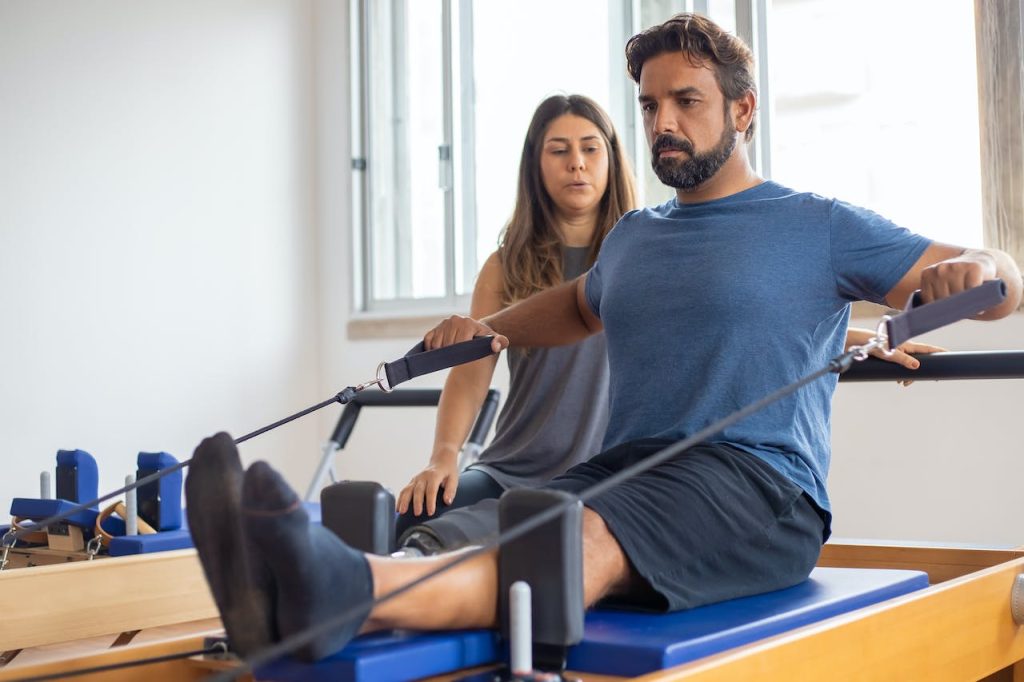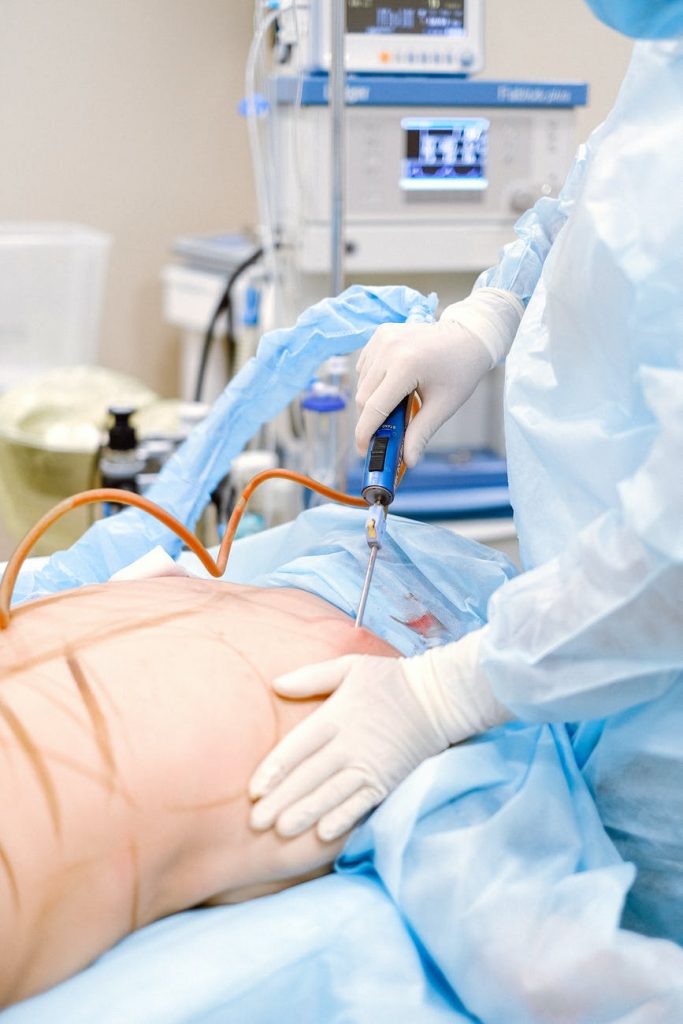A car accident can have an impact on your mental and emotional health as much as your physical health. The fallout can be severe, making it easy to forget how important self-care is in the chaos. Ignoring self-care can delay the healing process, make you feel more distressed emotionally, and compound the challenges of living after an accident.
If you don’t receive the proper care, you could end up with PTSD, anxiety, and chronic pain. Did you know that 25-33% of car accident victims suffer from PTSD? The numbers are scary, and you may not know where to begin or which practices should take precedence.
We will share some guidelines to help you in putting your health first in the middle of the deluge of paperwork, doctor’s visits, and court cases.
Table of Contents
Rule #1: Seek immediate medical attention
Your health should always be your top priority following a crash. You must get medical help immediately, even if the injuries appear minor. Remember that some injuries, such as whiplash or internal bleeding, may not be noticeable right away. However, they could get worse if treatment is delayed.
Additionally, keeping records of your injuries can support your future legal or insurance claims. As soon as possible, get checked out by a healthcare provider rather than dismissing health issues.
Rule #2: Look for emotional support
A car accident can cause emotions to flare up, from shock and fear to rage and anxiety. To deal with these emotions, you must get emotional support. Support groups, friends, family, and licensed therapists can provide the assistance you need.
It’s often cathartic to talk about your experience and feelings. Therapy or just talking to a loved one can keep feelings of helplessness or loneliness from taking hold.
Rule #3: Accept your limitations
Sometimes, after an automobile accident, one develops physical or mental impairments. Acknowledge these constraints and modify your expectations accordingly. Overexerting oneself or attempting to expedite your recovery may result in additional harm or trauma.
Rather than focusing on what you cannot do, practice self-compassion and learn to embrace your constraints. This could entail adjusting your routine briefly or seeking assistance when required. Realizing and accepting your limitations will help you set reasonable objectives and move toward a quicker recovery.
Rule #4: Rebuild your finances
Financial ruin can result from car accidents due to medical expenses, auto repairs, and lost income from missed work. Rebuilding your finances is another rule you should follow as a victim. This may entail negotiating with insurance companies to ensure fair compensation for your injuries and property damage.
For a mishap caused due to a negligent driver, consulting a personal injury lawyer is your best bet. They get you the justice and compensation you deserve, making the road to recovery easier.
Rule #5: Avoid triggers
Certain sights, sounds, or circumstances may cause anxiety or distress after a car accident. It is crucial to find these triggers and take action to prevent or reduce exposure to them. This could entail choosing a different route to work to avoid passing by the accident scene or avoiding the intersection where it happened.
Similarly, limiting your exposure to news reports or graphic pictures of auto accidents can help you avoid tension and worry. You can safeguard your mental and emotional health by being aware of your triggers and steering clear of them.
Rule #6: Commit to follow-up care
You still cannot after receiving initial medical attention. Recovery from a car accident is about continued care. Depending on your type of injury, you may need chiropractic adjustments, physical therapy, or psychological counseling for the long haul.
Even if you begin to feel better, you must commit to follow-up care and stick with scheduled appointments. You run the risk of long-term complications and lengthen your recovery period if you miss appointments or neglect follow-up care. Make follow-up care a part of your schedule so that you don’t feel stressed about it or consider it a chore. It should be something you do in a stride.
Conclusion
In conclusion, adjusting to life after a car accident can be difficult, but you can prioritize your health and speed up your recovery by adhering to these self-care guidelines. You can take charge of your recovery process and come out stronger on the other side by getting the help you need right away, accepting your limitations, rebuilding your finances, avoiding triggers, committing to follow-up care, and giving your body enough time to heal. Recall that tools and resources are available to assist you at every stage of the journey, and you are not alone




